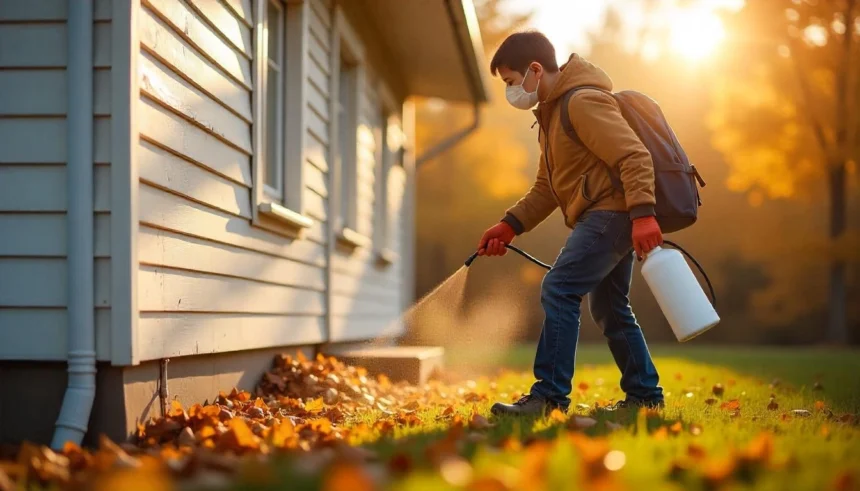Introduction
Spiders are a common household pest that can cause distress for many homeowners. While most spiders are harmless and even beneficial for controlling other insects, their presence can be unsettling. This guide provides practical solutions to remove spiders from your home, basement, and garden, covering natural remedies, chemical solutions, and preventive measures to keep them away for good.
Understanding Why Spiders Enter Homes
Before taking action, it’s essential to understand why spiders enter homes. They typically seek shelter, warmth, and food sources (such as insects). Common entry points include:
- Cracks and gaps in doors, windows, and walls
- Attic and basement vents
- Openings around pipes and cables
- Unsealed gaps in foundations
Natural Remedies to Remove Spiders
If you prefer eco-friendly and non-toxic methods, here are some effective natural remedies:
1. Essential Oils
Spiders detest strong scents like peppermint, tea tree, and lavender.
- Mix 10–15 drops of essential oil with water in a spray bottle.
- Spray around entry points, windowsills, corners, and other spider-prone areas.
- Repeat weekly for best results.
2. Vinegar Spray
Vinegar’s acetic acid repels spiders and disrupts their movement.
- Mix equal parts white vinegar and water.
- Spray it along cracks, crevices, and corners.
- Be cautious when using it on delicate surfaces.
3. Diatomaceous Earth (DE)
This fine powder dehydrates spiders upon contact.
- Sprinkle DE in corners, behind furniture, and near entryways.
- Use food-grade DE to ensure safety for pets and children.
4. Citrus Peels
Spiders dislike citrus scents.
- Rub lemon or orange peels on window sills and door frames.
- Place dried citrus peels in spider-prone areas.
Chemical Solutions for Spider Control
For severe infestations, chemical-based solutions provide fast and effective results.
1. Insecticide Sprays
- Choose sprays labeled for spider control.
- Apply to entry points, dark corners, and webs.
- Ensure proper ventilation when using indoor sprays.
2. Spider Traps and Glue Boards
- Place sticky traps along walls, in basements, and behind furniture.
- Replace traps regularly for continuous effectiveness.
3. Residual Insecticides
- Apply around the exterior of the home to create a barrier.
- These sprays remain active for weeks, preventing new spiders from entering.
Preventive Measures to Keep Spiders Away
Long-term spider control requires preventive measures to minimize their attraction to your home.
1. Seal Entry Points
- Inspect and seal cracks in walls, windows, and doors.
- Use weather stripping to close gaps in doors.
2. Reduce Clutter
- Remove piles of newspapers, boxes, and debris where spiders hide.
- Keep basements and attics organized.
3. Maintain Outdoor Areas
- Trim bushes and vegetation near the house.
- Keep firewood stacked away from the home.
- Reduce outdoor lighting, as it attracts insects that spiders feed on.
4. Regular Cleaning
- Vacuum frequently, especially in corners and under furniture.
- Dust shelves, window sills, and light fixtures regularly.
- Remove cobwebs as soon as they appear.
When to Call a Professional
If you experience a persistent or severe spider infestation, professional pest control services may be necessary. Experts can:
- Identify spider species and nesting locations.
- Apply targeted treatments that are more effective.
- Provide long-term prevention strategies.
Conclusion
Getting rid of spiders involves a combination of natural and chemical treatments, along with preventive measures. By maintaining cleanliness, sealing entry points, and using effective repellents, you can create an environment that is less inviting to spiders. Implement these strategies, and enjoy a spider-free home year-round!







